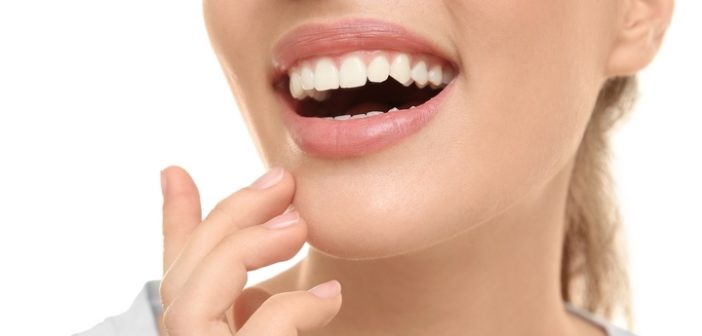If you suffer from a dry mouth, you know the discomfort and pain that can come with this condition. Also known as xerostomia, a chronically parched mouth can result in a raw throat, and irritated tongue, difficulty swallowing and tasting and cracked lip sores. The good news is that this condition is easily treatable. The tricky part is determining why your mouth is dry, as this ailment can be brought on by a host of other conditions from simple dehydration to a reaction to medications. In order to cure and prevent future bouts of a parched mouth, you must first determine the specific cause of your problem.
Dehydration
One of the most obvious reasons for mouth dryness, along with itchy red eyes, dry skin and fatigue, is a lack of saliva caused by dehydration. A study conducted by the Institute of Medicine of the National Academies showed that to stay properly hydrated the average woman requires about 2.7 liters of water a day from food and beverages, while the average male requires 3.7 liters daily. Those who live in hot climates or are physically active need more water to replace fluids lost through sweat. Another factor is the amount of sodium in the diet. Too much sodium and too little potassium can also cause dehydration. To treat mouth dryness caused by dehydration, consider increasing your intake of fluids, cutting out high-sodium snacks and increasing your potassium intake with a banana at breakfast.
Smoking and Chewing Tobacco Habits
Dry mouth can also be linked to unhealthful habits, such as smoking and chewing tobacco, which can inhibit saliva production. Likewise, smokers and those who chew tobacco are more likely to breathe through their mouths, which will also leads to dryness. If using tobacco products is causing your mouth to be dry and irritated, consider taking steps to quit. You can also try sucking on sugar-free candy or chewing sugarless gum to stave off cravings and encourage saliva production. The health benefits of your choice will extend far beyond curing your chronic dry mouth!
Prescription Side Effects
Many prescription drugs for medical conditions as diverse as Parkinson’s Disease, depression, incontinence and acne can lead to a decrease in saliva production. If you noticed that your experience of mouth dryness coincided with the start of a new medication, let your doctor know. You might be able to change your prescription or receive an additional prescription for medicine that can help stimulate salivary glands and counter the effects of other medications.
Symptoms of Disease or Infection
A parched tongue can also be symptomatic of certain diseases, such as Alzheimer’s, diabetes, hypertension, anemia or cystic fibrosis. Infections, such as mumps and HIV can also lead to a dried out mouth. If you are diagnosed with one of these ailments, ask your doctor to prescribe a medicine that can help regulate your salivary glands or consider over-the-counter saliva replacement formulas.
Cancer Treatments
Common treatments for cancer, such as chemotherapy or radiation can also damage salivary glands and lead to dryness. Surgery in the head and neck area can also cause nerve damage leading to mouth dryness. In these cases, doctors can prescribe special oral rinses to restore your mouth’s moisture levels. In addition, using a cool mist humidifier in your bedroom at night can help alleviate the problem while you sleep.
There are many treatments available to cure and prevent dry mouth; the key is determining the specific cause of your condition.




